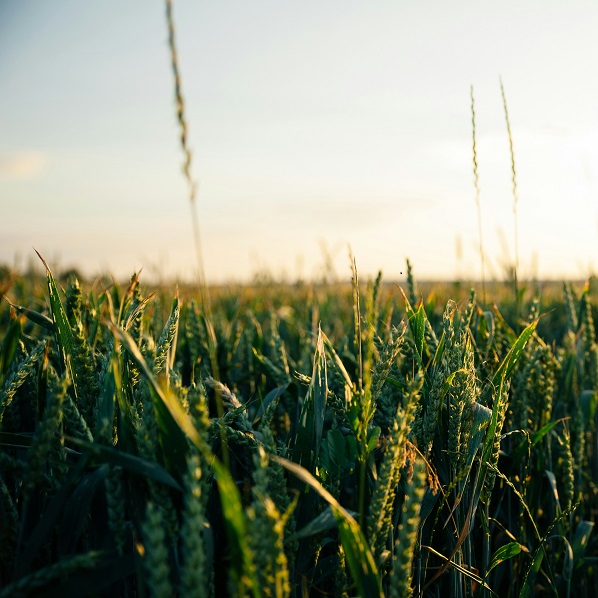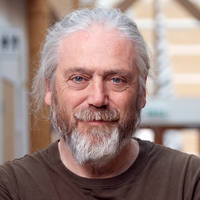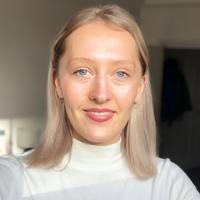
Ancient Environmental Genomics Initiative for Sustainability (AEGIS)
The past is a roadmap to a sustainable future
The Ancient Environmental Genomics Initiative for Sustainability (AEGIS), jointly funded by the NovoNordisk Foundation and the Wellcome Trust, is a global consortium led by the Globe Institute at the University of Copenhagen. AEGIS aims to develop the essential science and methodology to use ancient environmental DNA (eDNA) – coupled with other ancient and modern biomolecule-based approaches – to identify important organismal associations and genetic adaptations in natural and agro-ecosystems that will improve future food security under climate change.
AEGIS will do this through:
- Studying how climate change and human activities have affected the types of species and their genetic makeup in natural ecosystems over time.
- Looking at how food crops and farming systems have changed as the climate and farming methods have evolved.
- Identifying useful genetic traits and ecosystem processes from the past that could help create more resilient crops and farming systems in the future.
- Using these climate-adaptive genetic traits to develop new strategies for improving the productivity, resilience, and sustainability of modern farming systems.
Modern reference genomes to interpret ancient DNA
The Tree of Life Programme at the Wellcome Sanger Institute is a major contributor to the Earth Biogenome Project’s mission to generate reference genome sequences for all named eukaryotic species. As part of AEGIS, the Tree of Life Programme will substantially enhance the available reference library to support eDNA analysis, through targeted sequencing of agroecosystem species and relevant soil metagenomic samples.
The species chosen for reference genome generation will represent the known and expected members of agricultural, grassland and riparian ecosystems, including dominant and keystone species, crop pathogens, rhizosphere symbionts and soil invertebrates. Additionally, sequencing near relatives of crops and revealing their ecosystem adaptations may inform analysis of crop resilience.
The Tree of Life will also build rich metagenomic assemblies of the prokaryotic and eukaryotic biota present in modern sediments and soils, by applying deep long-read and Hi-C approaches. These will significantly enhance the existing prokaryotic reference library with the genomes expected to be found in ancient soil and sediment eDNA.
Open data release
All sequence data generated by the project will be made publicly available. All raw and assembled reference genome data will be deposited in the European Nucleotide Archive (ENA) public database. Our intention is to rapidly publish all submitted assemblies as Wellcome Open Research notes, which can be cited. Genome annotations will be presented through Ensembl. For more information, please see the AEGIS Open Data Release Policy.
Sanger people

Professor Mark Blaxter
Head of the Tree of Life Programme and Senior Group Leader

Dr Richard Durbin
Associate Faculty

Lora Jolly (formerly Downes)
Project Manager
External Contributors

Eske Willerslev
GeoGenetics, Globe Institute, University of Copenhagen

Kurt H. Kjær
GeoGenetics, Globe Institute, University of Copenhagen

Thorfinn Sand Korneliussen
GeoGenetics, Globe Institute, University of Copenhagen

Antonio Fernandez Guerra
GeoGenetics, Globe Institute, University of Copenhagen

Rasmus Nielsen
GeoGenetics, Globe Institute, University of Copenhagen

Nicolaj K. Larsen
GeoGenetics, Globe Institute, University of Copenhagen

Karina K. S. Sand
GeoGenetics, Globe Institute, University of Copenhagen

Ana Prohaska
GeoGenetics, Globe Institute, University of Copenhagen

Mikkel W. Pedersen
GeoGenetics, Globe Institute, University of Copenhagen

Martin Sikora
GeoGenetics, Globe Institute, University of Copenhagen

Rayan Chikhi
Institut Pasteur

Moi Exposito-Alonso
Integrative Biology, University of Berkeley

Noah Fierer
Cooperative Institute for Research in Environmental Sciences, University of Colorado at Boulder

Marcel van der Heijden
University of Zurich

Kai-Uwe Hinrichs
MARUM, Bremen

Lars Wörmer
MARUM, Bremen

Fergal Martin
European Bioinformatics Institute, Cambridge

Marnix H. Medema
Bioinformatics Group, Wageningen University

Tobias Richter
ToRS, University of Copenhagen

Martin Steinegger
Laboratory of Machine Learning, Seoul National University

Yucheng Wang
Department of Genetics, University of Cambridge, Institute of Tibetan Plateau Research, Chinese Academy of Sciences

Rasmus G. Winther
University of Berkeley

Trine Bilde
Institute of Biology, Aarhus University

Mario Caccamo
NIAB

James Cockram
NIAB

Christoph Dockter
Carlsberg Research Laboratory

Birgitte Skadhauge
Carlsberg Research Laboratory

Signe Normand
Institute of Biology, Aarhus University

Uta Paszkowski
Department of Plant Science, University of Cambridge
External partners and funders
External
NovoNordisk Foundation
External
The Wellcome Trust
Related groups
Affiliated Sites
External